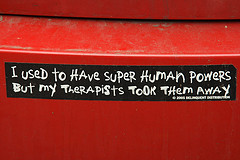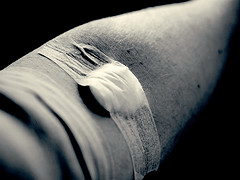College students tend to be under a lot of pressure. They are living on their own in a new environment, attending difficult classes, learning to deal with new people and trying to balance all of these things out. It’s easy to become overwhelmed and begin feeling everything spin out of control.
It’s also easier for students to develop depression. After all, suicide is the second leading cause of death for college students. Continue reading





